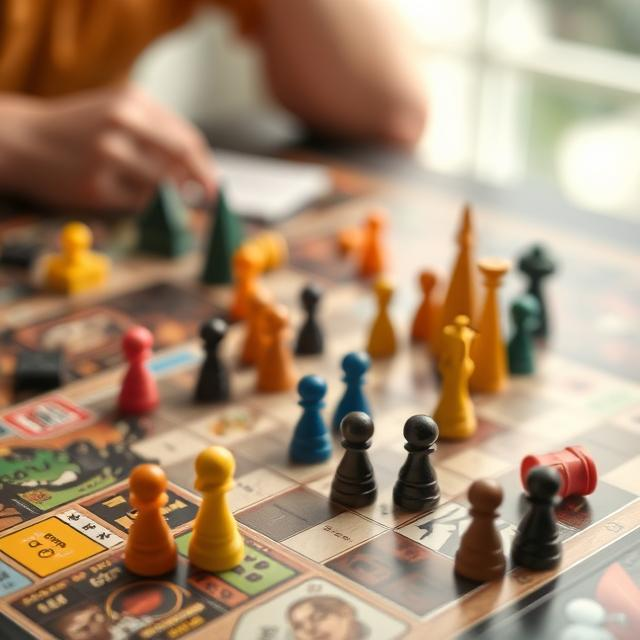Board games have been an integral part of human culture for thousands of years, tracing their origins back to ancient civilizations. The earliest known board games, such as the Egyptian game Senet, date back to around 3100 BCE. Played on a rectangular board, Senet’s intricate rules and the symbolic nature of its pieces hinted at early attempts to blend entertainment with spiritual and ritualistic significance. Similarly, the game Royal Game of Ur from Mesopotamia, dating back to 2600 BCE, reflected a fascination with strategy and chance.
In ancient Greece and Rome, games like Petteia and Latrunculi were popular, indicating that strategic thought was valued in both leisure and military contexts. The Middle Ages saw the evolution of games like chess and backgammon, with chess originating from India as chaturanga and spreading across Europe. Chess remains a cornerstone of strategic board games today, having evolved in both form and complexity over time.
The modern era introduced the mass production of board games. The late 19th century saw the introduction of games like Monopoly and The Game of Life, which reflected the social and economic conditions of the time. The 20th century saw a shift toward interactive games, with Clue (Cluedo) and Scrabble offering both casual fun and strategic depth. The 21st century has ushered in an explosion of creative, intricate designs like Catan, Ticket to Ride, and Gloomhaven, offering diverse themes and styles for various interests.
From the ancient games of kings and warriors to the interactive, theme-driven games we know today, the evolution of board games shows a deep connection between play, culture, and human ingenuity. Today, board games are more diverse than ever, with themes ranging from fantasy to history, science fiction, and beyond, continuing to evolve alongside society.

Leave a Reply